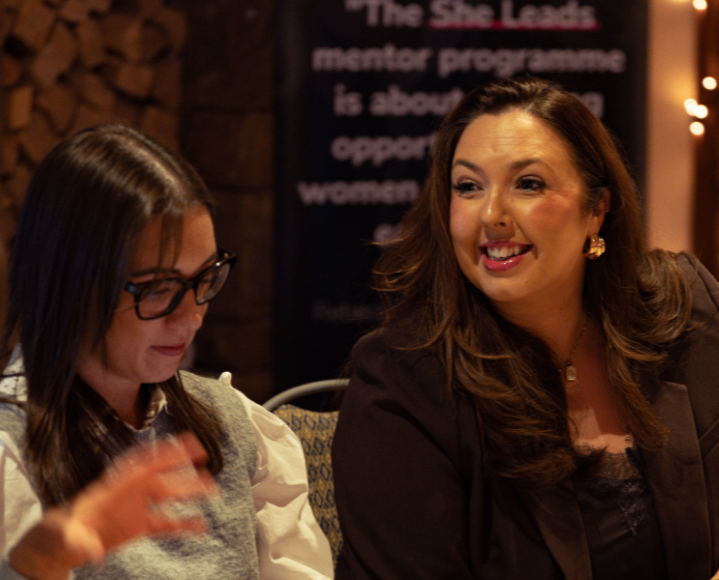News and Insights
Search our latest news, events, guides, success stories and working globally insight.

Delivering social change in 2025
Our second social value report demonstrates how we worked together to make a positive impact on our communities, people, and planet in 2025.

Sector insights
The critical mission of recruiting in Cumbria
Britain's Energy Coast Business Cluster’s latest white paper shapes the region’s future recruitment needs – Rebecca Graves tells in-Cumbria business magazine.
Rebecca Graves
Feb 16, 2026

Sector insights
Engineering workforce and recruitment strategy: A commercial guide for 2026 and beyond
Jan 21, 2026

Sector insights
It’s not too late to change your career
Jan 21, 2026

Strike the right workforce strategy
Jan 7, 2026

IR35
Every business needs a robust IR35 strategy
Jan 5, 2026

Align your recruitment with your business strategy to grow
Nov 21, 2025

Career advice
Engineering your next move: A complete guide to job searching, sector switching, and career growth
Nov 18, 2025

IR35
IR35 business guide: compliance, risks and best practices 2026
Nov 18, 2025

IR35
Why businesses can't afford to get IR35 wrong
Nov 11, 2025

Career advice
Working in recruitment: A comprehensive guide to the career, the skills and the reality
Nov 11, 2025
